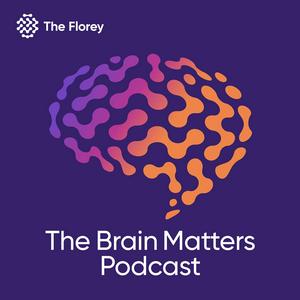Epilepsy is the most common neurological condition in the world affecting 50 million people. But the myriad of seizures types, seizure severity, clinical history, genetics and responses to medication can make it increasingly difficult to fully diagnose and treat. Add to this the variability in healthcare systems and infrastructure, the ‘postcode lottery’ of services available – particularly in rural and regional areas – and it’s no wonder that seizure control can feel out of reach for many. But does the digital era hold the key to improving outcomes for patients with epilepsy? What role can AI play in giving more people seizure control?In this episode, we speak to Max Luca, aged 22, who has absence seizures – a type of epilepsy that causes brief lapses in consciousness. Even those closest to him struggled to figure out what it might be and if it was serious. Professor Graeme Jackson, Clinical Director from The Florey, joins us having spent decades treating epilepsy patients and more recently leading the Australian Epilepsy Project (AEP) – a digital research project turned healthcare model designed to expedite diagnosis and treatment for epilepsy. We are also joined by Professor Aileen McGonigal, Clinical Director of the Epilepsy Unit at Mater Hospital in Brisbane, Australia. Aileen has spent years in specialist clinical environments globally, including in the UK and France, and has signed her current unit up to the AEP. Aileen is also Max Luca’s doctor. Send us a messageSupport the showWhat would you like our neuroscientists to talk about? Email us at
[email protected]